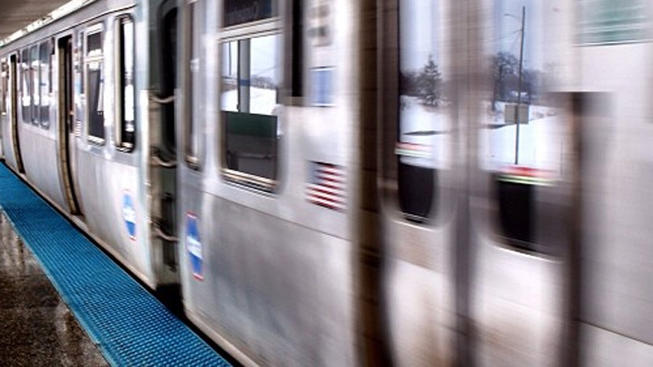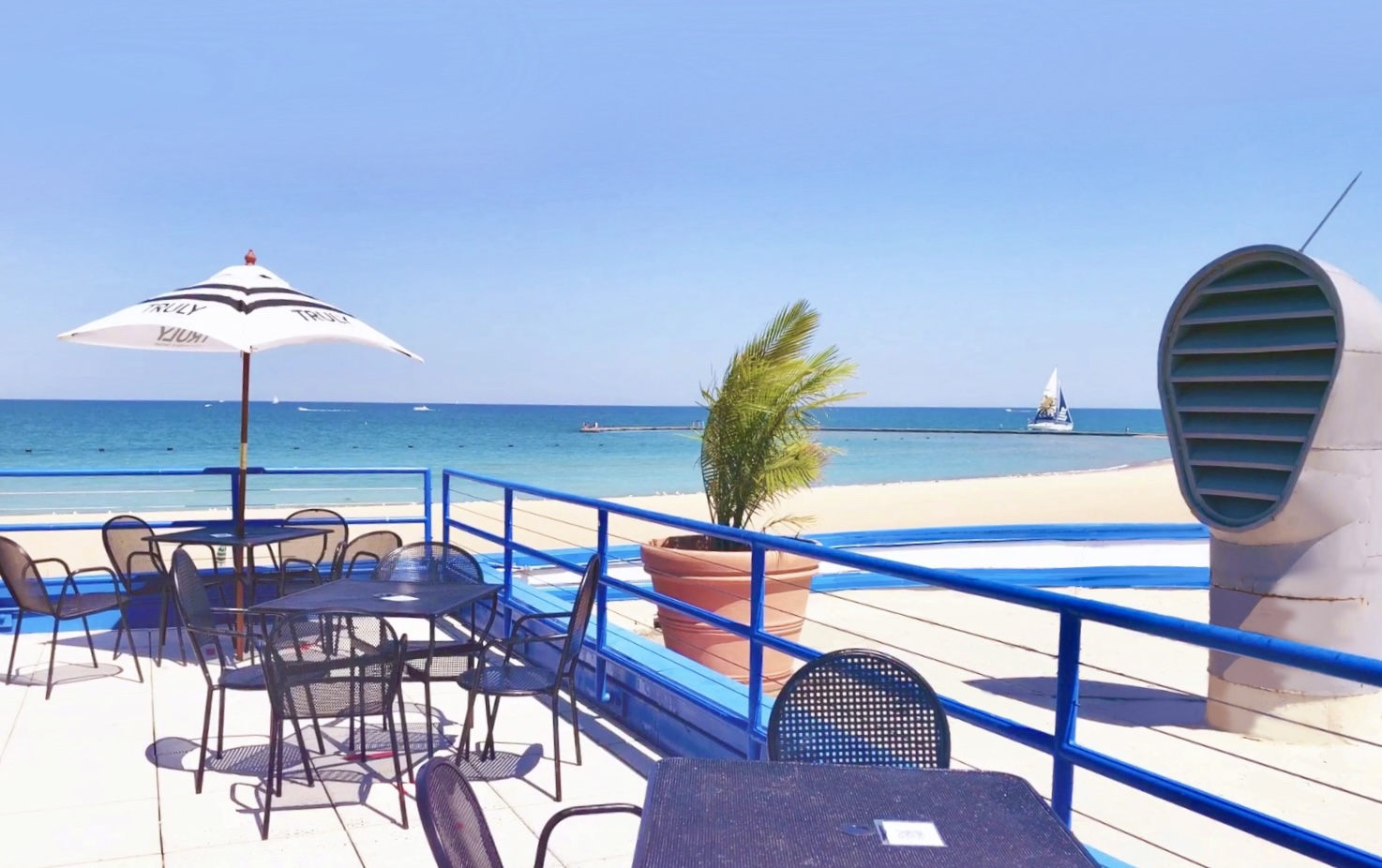The days have been progressively getting shorter in the Chicago-area since June, but we're set to hit an important milestone in the coming days with our earliest sunset of the year.
While the day with the least amount of sunlight won't occur until the winter solstice, which occurs on Dec. 21, the day with the earliest sunset of the year actually occurs two weeks before that, according to astronomers.
This year, that date falls on Dec. 8, when the sun will go down at exactly 4:21 p.m. After that, sunset will slowly begin to occur later, taking eight full days to gain an extra minute.
The winter solstice will take place on Dec. 21 just before 4 p.m., according to officials. That date marks the “shortest day” of the year, meaning that the region will see its lowest amount of sunlight for the season, clocking in just under nine hours and 11 minutes.
Feeling out of the loop? We'll catch you up on the Chicago news you need to know. Sign up for the weekly Chicago Catch-Up newsletter here.
From there, the days will slowly begin to get longer, but we won't get over 10 hours of sunlight again until Jan. 30, according to Sunrise-Sunset.
Even after the solstice, sunrise will continue occurring later in the morning until Jan. 3, when the sun will come up at approximately 7:16 a.m. Later sunsets will help to offset that change, meaning that the city will see incrementally-more sunshine total each day even as sunrise occurs later and later.
Naturally, the question then becomes a matter of why the earliest sunset and latest sunrise don’t fall on the winter solstice, and there’s a simple reason for that: solar time is not the same as clock time, and very rarely equals an exact 24 hours.
Local
In fact, “solar noon” rarely occurs at exactly noon local time. When clocks changed earlier this week, solar noon jumped backwards from 12:34 p.m. to 11:34 a.m., and that time is slowly creeping closer to “clock noon,” according to experts.
“Solar noon” is simply defined as the time of day when the sun is at its highest point on the horizon, and a “solar day” is measured between the “solar noon” time of one day to the next.
When you couple that with the elliptical orbit of the Earth and the tilt of the planet’s axis, you have a time system that doesn’t sync up easily with a clock or a calendar, and that’s why the solstice doesn’t necessarily mean anything when it comes to sunrise or sunset.
For those curious, the next time “solar noon” will actually occur at 12 p.m. in Chicago won’t be until Jan. 16. From there, solar noon will continue to creep forward until mid-February, when it begins to move back toward clock noon.



